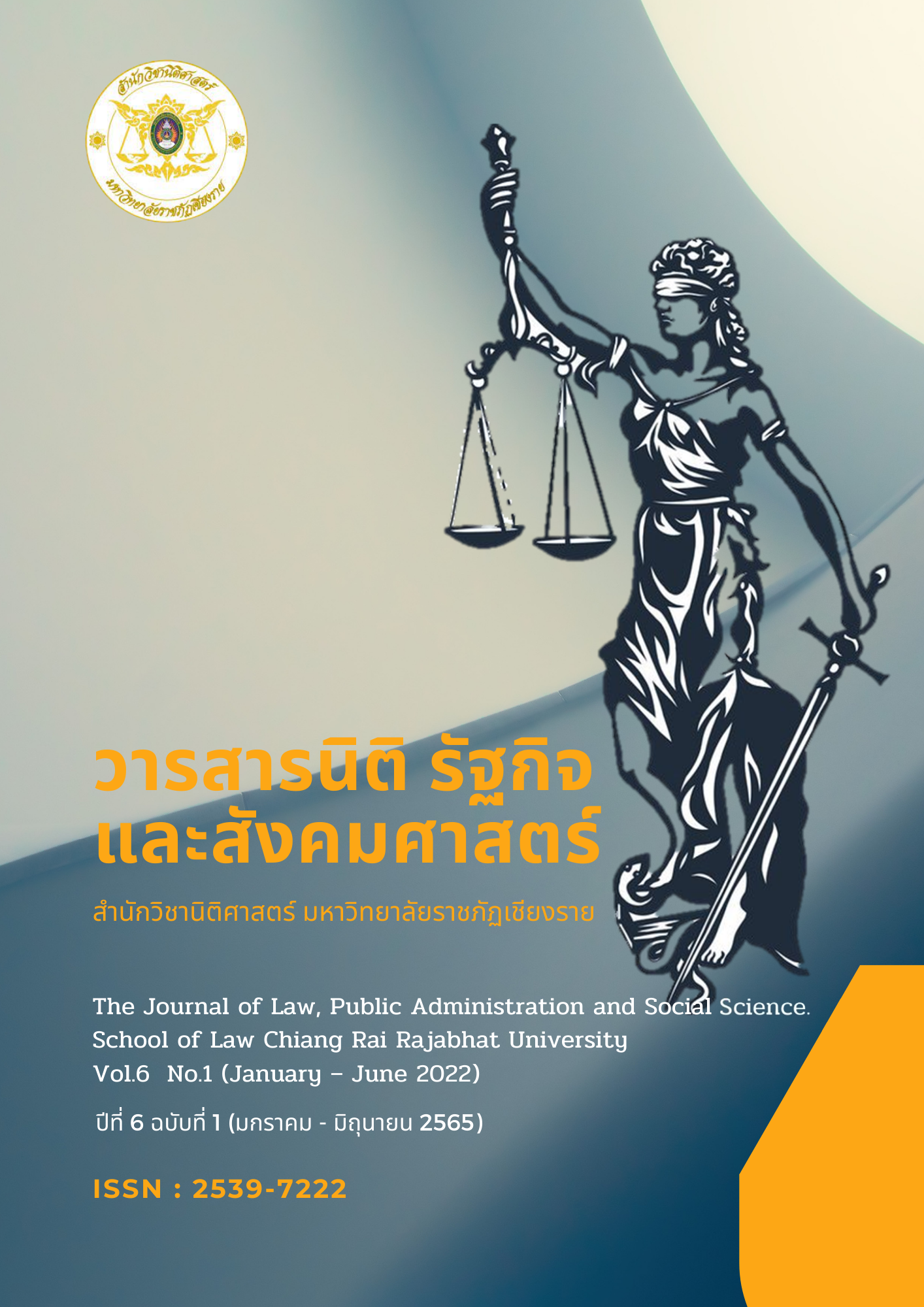บทบาทและความสำคัญของภาวะผู้นำสำหรับศตวรรษที่ 21
Main Article Content
บทคัดย่อ
บทความนี้มีวัตถุประสงค์เพื่อศึกษาภาวะผู้นำสำหรับศตวรรษที่ 21 ที่เป็นรูปแบบของภาวะผู้นำยุคใหม่ที่สอดคล้องกับการเปลี่ยนแปลงในศตวรรษที่ 21 โดย “ผู้นำ” ซึ่งเป็นบุคคลที่สำคัญในองค์การ มีบทบาทที่ต้องดำเนินงานไปภายใต้สภาพเศรษฐกิจและสังคมที่มีการเปลี่ยนแปลงไปอย่างรวดเร็ว ซึ่ง“ภาวะผู้นำ” จึงมีความจำเป็นและมีความสำคัญอย่างยิ่งต่อองค์กรต่าง ๆ เนื่องจากเทคโนโลยีมีการเปลี่ยนแปลงอยู่ตลอดเวลา จึงทำให้เกิดความเปลี่ยนแปลงต่อเศรษฐกิจและสังคม ซึ่งผู้นำในปัจจุบันจำเป็นที่จะต้องปรับตัวและเปลี่ยนแปลงการบริหารงานให้ทันยุคและทันสมัยเพื่อก่อให้เกิดประสิทธิภาพและประสิทธิผลต่อองค์กร
องค์ความรู้/ข้อค้นพบจากบทความนี้เพื่อนำไปเป็นแนวทางการสร้างภาวะผู้นำแนวใหม่ที่ได้ถูกสังเคราะห์ขึ้นจาก ทฤษฎีภาวะผู้นำพื้นฐาน เพื่อให้มีคุณลักษณะอันสอดคล้องกับยุคโลกาภิวัตน์ และโลกในศตวรรษที่ 21 โดยมีองค์ประกอบสำคัญ ซึ่งประกอบด้วย 1) ด้านการนำตนเอง 2) ด้านการนำทีม 3) ด้านการนำองค์กร
Article Details
เอกสารอ้างอิง
กัณฑ์กณัฐ สุวรรณรัชภูม์. “ผู้นำกลยุทธ์: รูปแบบของผู้นำยุคใหม่.” วารสารบริหารการศึกษา มศว 10, ฉ.18 (2556): 1-12.
พระพลากร สุมงฺคโล (อนุพันธ์). “ความคิดเห็นของบุคลากรที่มีต่อการบริหารงานตามหลักอธิษฐานธรรม ขององค์กรปกครองส่วนท้องถิ่นในเขตอำเภอจังหารจังหวัดร้อยเอ็ด.” วิทยานิพนธ์พุทธศาสตรมหาบัณฑิต สาขาวิชา รัฐประศาสนศาสตร์มหาวิทยาลัยมหาจุฬาลงกรณราชวิทยาลัย, 2557.
วิโจน์ สารรัตนะ. ภาวะผู้นำ: ทฤษฎีและนานาทัศนะร่วมสมัยปัจจุบัน. กรุงเทพฯ: ทิพยวิสุทธิ์, 2557.
สมบัติ กุสุมาวลี. “การสํารวจแนวคิดภาวะผู้นําในองค์กรระดับโลก ศึกษาจาก Harvard Business Review 2010-2012.” การประชุมวิชาการระดับชาติในวันคล้ายวันสถาปนาสถาบันบัณฑิตพัฒนบริหารศาสตร์ ประจําปี 2556, 2556.
สุภัชชา พันเลิศพาณิชย์. จิตวิทยาการเรียนการสอน. พิมพ์ครั้งที่ 5. กรุงเทพฯ: เมธีทิปส์, 2558.
สัมฤทธิ์ กางเพ็ง และสรายุทธ กันหลง. ภาวะผู้นำแบบโลกาภิวัตน์: แนวคิดเชิงทฤษฎี. เอกสารประกอบการสอนรายวิชาภาวะผู้นำ. มหาวิทยาลัยจุฬาลงกรณ์ราชวิทยาลัย วิทยาเขตขอนแก่น, 2555.
ASoftBiz. “เทคโนโลยีสารสนเทศกับองค์กร แนวโน้ม การนำมาใช้ การปรับตัวให้ทันต่อการเปลี่ยนแปลง.” 2014. www.softbizplus.com/it/1320-it-for-organization. สืบค้นเมื่อ 5 มิถุนายน 2021.
Davidson, C. Strategic Management: Concept and Case. 10th ed., New Jersey: Pearson Prentice Hall, 2012.
Deal Jenilee. “A Hierarchy Model for Leadership Development.” 2019. https://medium.com/.../a-hierarchy-model-for-leadership-development-cee911071e4a. accessed June 12, 2019.
Flippo, E. B. Principle of personnel administration. New York: McGraw–Hill, 1967.
Ivancevich, J. M., Konopaske, R. and Matteson, M. T. Organizational behavior and management. 8th ed., Boston: McGraw-Hill, 2008.
Maria, R. Shirey. “Strategic Leadership for Organizational Change: Addressing Strategy Execution Challenges to Lead Sustainable Change.” 2011. https://www.Nursingcenter.com /journalarticle?Article_ID=1102317&Journal_ID=54024&Issue_ID=1102316. accessed March 21, 2019.
Sachs, Benjamin M. Educational Administration : A Behavioral Approach. Boston: Houghton Miffin Company, 1966.


